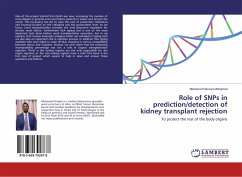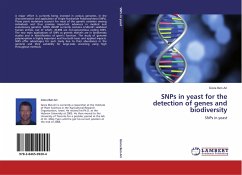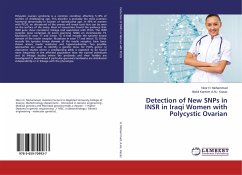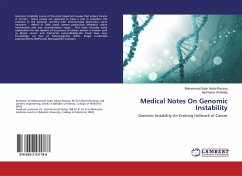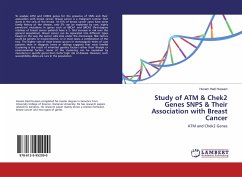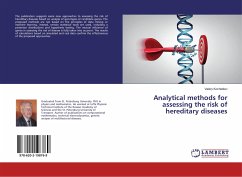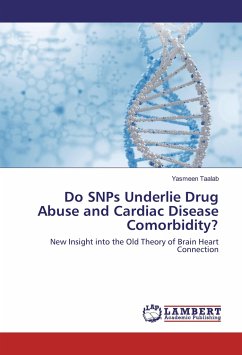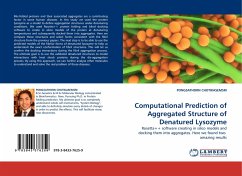Idea of this project started from bird's eye view, increasing the number of renal disease in general and renal failure patients in Sudan and all over the world. This increasing has led to raise the rate of production limitations and financial burden on the individual and the government level. As we know, renal transplantation provides the only long-term treatment for chronic renal failure. Furthermore HLA typing test is one of the most important tests done before renal transplantation operation, but in my opinion, first: human leukocyte antigens which not included in typing tests are also play an important role in rejection process. In addition HLA typing available tests have failed to cover all HLA, resulting in untrue compatibility between donor and recipient. Second: we can't assert that the remaining incompatibility percentage has not a role in organs transplantation rejection. Third: is the coding regions are the only responsible for the organ rejection or the non-coding regions have a role? This book is the first step of project which aspires to help in solve and answer these questions and failures.
Bitte wählen Sie Ihr Anliegen aus.
Rechnungen
Retourenschein anfordern
Bestellstatus
Storno

